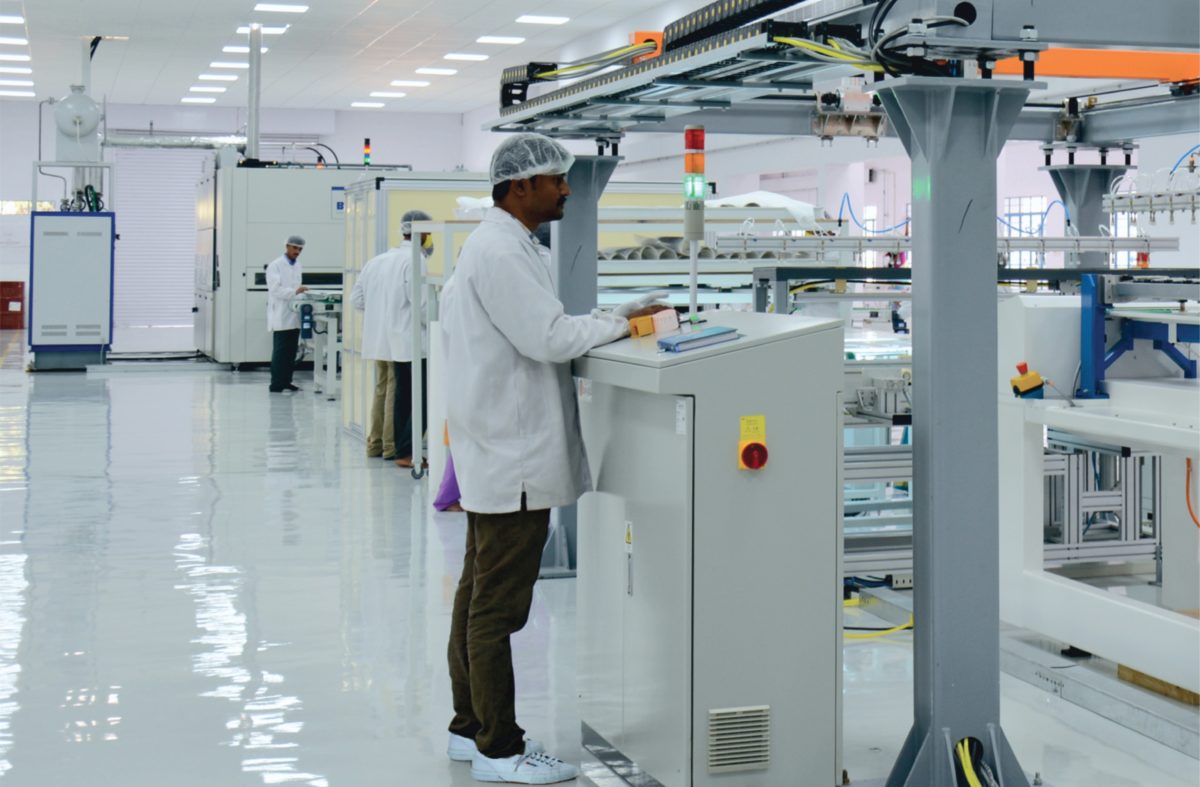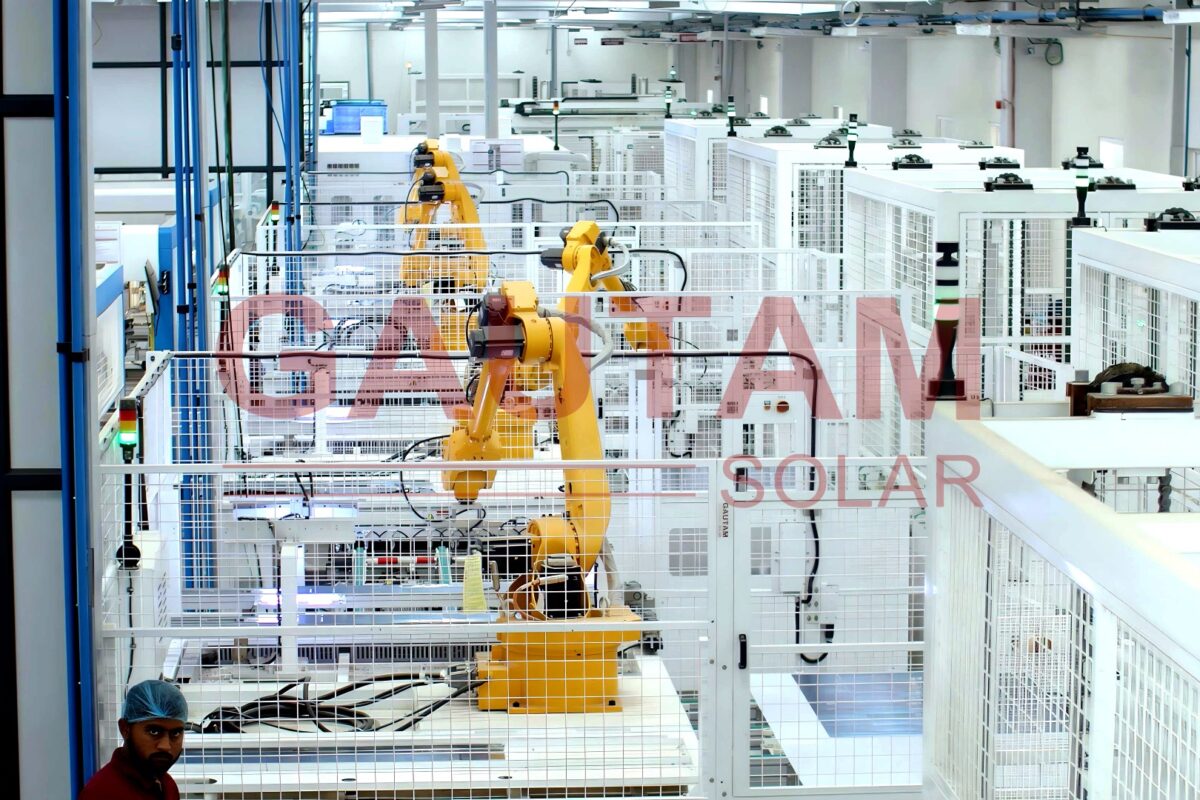India’s Solar Energy Corporation of India has made a host of amendments to the tender for 2 GW of annual solar manufacturing capacity linked to 6 GW of inter-state (ISTS) connected solar projects.
As per the RfS published in June, the manufacturing capacity is tendered as four projects—one each for cells, modules, wafers and ingots—with each project having minimum annual production capacity corresponding to 500 MW of modules manufacturing.
Solar power developers will earn assured power purchase agreements (PPAs) for triple the solar manufacturing capacity that they commit to set up; i.e., 1500 MW against 500 MW of solar manufacturing capacity—aggregating to solar plant capacity of 6 GW for a manufacturing capacity of 2 GW.
However, SECI has now notified that developers shall be provided assured PPAs for up to 2000 MW against 500 MW of cells/modules manufacturing, and up to 1500 MW against 500 MW of ingots/wafer manufacturing.
Thus, the total solar plant capacity now stands at 7 GW for manufacturing capacity of 2 GW.
Bidders are free to bid for all the four projects.
Further, SECI shall exercise the Green-Shoe Option to allocate additional capacities to the successful bidders equivalent to the capacities won by them, provided they match the lowest discovered tariff of the respective projects.
Solar plants set up under this RfS would be eligible for ISTS charges waiver, even if commissioned beyond March 31, 2022.
For manufacturing of solar cells, only advanced technologies like mono-PERC and hetrojunction, with average efficiency of minimum 21%, are allowed. Earlier-generation technologies like multicrystalline and polycrystalline, or old manufacturing lines/machines are not allowed. Modules produced must exhibit an average efficiency of minimum 19%.
This content is protected by copyright and may not be reused. If you want to cooperate with us and would like to reuse some of our content, please contact: editors@pv-magazine.com.









2 comments
By submitting this form you agree to pv magazine using your data for the purposes of publishing your comment.
Your personal data will only be disclosed or otherwise transmitted to third parties for the purposes of spam filtering or if this is necessary for technical maintenance of the website. Any other transfer to third parties will not take place unless this is justified on the basis of applicable data protection regulations or if pv magazine is legally obliged to do so.
You may revoke this consent at any time with effect for the future, in which case your personal data will be deleted immediately. Otherwise, your data will be deleted if pv magazine has processed your request or the purpose of data storage is fulfilled.
Further information on data privacy can be found in our Data Protection Policy.